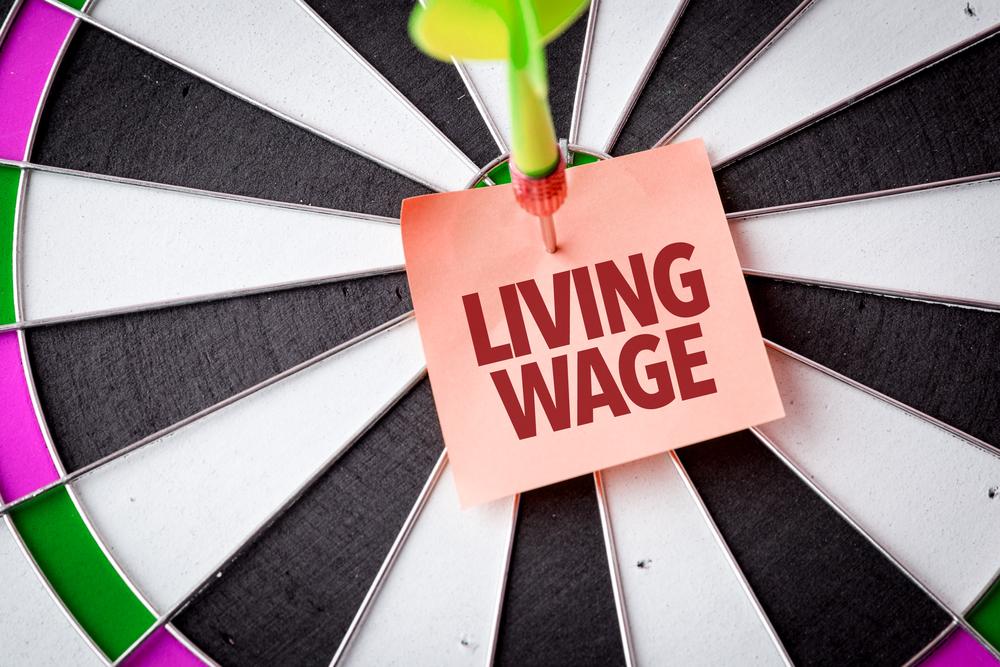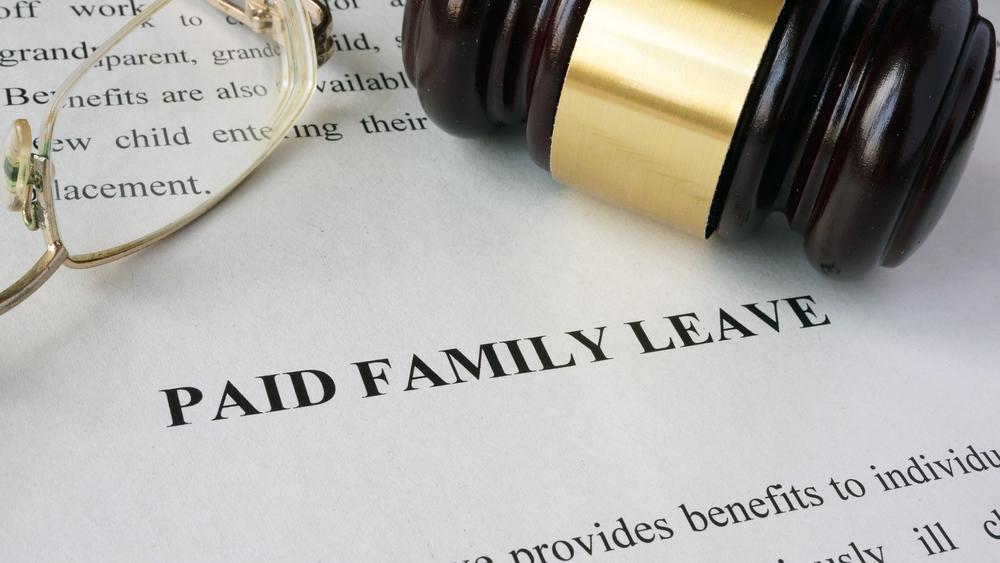MENU
Starting a Business
- Best Small Business Loans
- Best Business Internet Service
- Best Online Payroll Service
- Best Business Phone Systems
Our Top Picks
- OnPay Payroll Review
- ADP Payroll Review
- Ooma Office Review
- RingCentral Review
Our In-Depth Reviews
Finance
- Best Accounting Software
- Best Merchant Services Providers
- Best Credit Card Processors
- Best Mobile Credit Card Processors
Our Top Picks
- Clover Review
- Merchant One Review
- QuickBooks Online Review
- Xero Accounting Review
Our In-Depth Reviews
- Accounting
- Finances
- Financial Solutions
- Funding
Explore More
Human Resources
- Best Human Resources Outsourcing Services
- Best Time and Attendance Software
- Best PEO Services
- Best Business Employee Retirement Plans
Our Top Picks
- Bambee Review
- Rippling HR Software Review
- TriNet Review
- Gusto Payroll Review
Our In-Depth Reviews
- Employees
- HR Solutions
- Hiring
- Managing
Explore More
Marketing and Sales
- Best Text Message Marketing Services
- Best CRM Software
- Best Email Marketing Services
- Best Website Builders
Our Top Picks
- Textedly Review
- Salesforce Review
- EZ Texting Review
- Textline Review
Our In-Depth Reviews
Technology
- Best GPS Fleet Management Software
- Best POS Systems
- Best Employee Monitoring Software
- Best Document Management Software
Our Top Picks
- Verizon Connect Fleet GPS Review
- Zoom Review
- Samsara Review
- Zoho CRM Review
Our In-Depth Reviews
Business Basics
- 4 Simple Steps to Valuing Your Small Business
- How to Write a Business Growth Plan
- 12 Business Skills You Need to Master
- How to Start a One-Person Business
Our Top Picks
Table of Contents
On average, a small business might spend thousands of dollars per year on business liability insurance and business property insurance. The average annual cost of business property insurance is $742, and the average annual cost of general liability insurance ranges from $300 to $600. However, if you’re looking to insure your company, there’s a way that you can pay under $1,000 total per year for both these insurance plans: a business owner’s policy.
If your company takes out a business owner’s policy, you’ll get all the coverage that comes with general liability insurance and business property insurance for a premium that costs less than paying for both plans separately. You’ll often pay less than $1,000 per year for your business owner’s policy, and you can customize your plan to include additional features.
With a sound business owner’s policy in place, you can protect your business against numerous unexpected costs. Below, we’ll discuss what business owner’s policies cover, which kinds of businesses need these policies, how you can customize your policy, and how much you might pay per year for your policy.
What is a business owner’s policy?
A business owner’s policy, also known as BOP insurance, is an insurance plan that combines all the features of business property and general liability insurance. Not only does it give you both, but its premiums are typically lower than the sum of standard business property insurance and general liability insurance premiums. Business owner’s policies are ideal for obtaining all your recommended business insurance coverage at affordable rates.
Not only does a business owner’s policy give you all the features of business property and general liability insurance, but its premiums are usually lower than the sum of both.
What is covered under a business owner’s policy?
A business owner’s policy usually protects your company against damages or financial losses from property damage. For property damage to be covered under your business owner’s policy, it must be due to natural disasters, fires, theft or other occurrences in which your company has no fault.
The property damage portion of business owner’s policies often comes in one of two types: named-peril or open-peril coverage.
- Named-peril coverage: These policies only cover property damage due to events explicitly listed in the policy contract. These damage types might include fires, smoke, wind, explosions and vandalism.
- Open-peril coverage: These policies are broader. As the name suggests, they can cover any unforeseen property damage that neither you nor your employees directly cause.
The property damage portion of your business owner’s policy will typically apply to the following properties:
- Buildings that your company owns or rents
- Building additions, including those in progress
- Other outdoor fixtures that your company rents or owns
- All business-owned items kept within a certain proximity of your company’s premises
- All items owned by a third party but kept in your company’s care within a certain proximity of your company’s premises
On the general liability side, your business owner’s policy typically protects your company against the costs of third-party liability claims. These claims include workplace injuries, damage to another entity’s property, advertising injuries and personal injuries.
Beyond these coverage categories, you may be able to opt for certain add-ons. For example, given the increasing number of small business cyberattacks in recent years, data breach clauses are becoming more common in business owner’s policies.
You can also add business interruption insurance to your plan. This add-on can cover the costs of significant business disruptions, such as when you have to set up a temporary business location after extensive property damage.
What is not included in a business owner’s policy?
As you learn about what business owner’s policies cover, it’s also helpful to understand what these policies do not cover. Business owner’s policies do not include the following types of insurance:
- Workers’ compensation insurance
- Health insurance
- Disability insurance
- Auto insurance
- Professional liability insurance, also known as errors and omissions (E&O) insurance
Note that professional liability insurance is not the same as general liability insurance. Instead, it protects against lawsuits alleging that your company has been negligent in executing its duties.
What is the difference between general liability and a business owner’s policy?
By definition, a general liability policy is part of a business owner’s policy. Business owner’s policies combine the disparate provisions of general liability and business property insurance into one package.
In other words, general liability insurance can only cover costs associated with the aforementioned third-party liability claims, whereas a business owner’s policy can cover these costs and property damage costs. As such, you should not buy a separate general liability insurance (or business property insurance) policy if you obtain a business owner’s policy.
Who needs a business owner’s policy?
Although no business is legally required to obtain a business owner’s policy, most experts strongly recommend them for all small and midsize businesses (SMBs). These policies’ strong reputation comes from their combination of two important business insurance types into one package at a lower cost than separately buying these two policies. Put simply, when you take out a business owner’s policy, you essentially pay less money for more protection.
Most experts strongly recommend business owner’s policies for all small and midsize businesses.
Can any company obtain a business owner’s policy?
Most SMBs qualify for business owner’s policies. Some insurance providers will only sell business owner’s insurance plans to companies in certain locations. Additionally, your business location’s physical size (not your company size or number of employees), business class and revenue may affect your eligibility. In some cases, your company’s physical size is not a disqualification, just a factor in your plan choices.
That said, your company likely qualifies for business owner’s policies if it handles all its operations onsite. If your company operates out of an office, for example, it likely qualifies. So do most storefronts and apartment buildings. Smaller restaurants may also qualify.
Can you customize a business owner’s policy?
Yes, you can customize a business owner’s policy. In fact, larger businesses commonly customize their business owner’s policies to directly address the unique risks that come with increased operations.
Of course, SMBs can customize their business owner’s policies as well. As mentioned earlier, cyberinsurance clauses are not automatically included in business owner’s policies, but the increasing threat of SMB cyberattacks is resulting in more businesses customizing their policies to include data breach clauses. Other clauses commonly added to business owner’s policies provide protection against crime (including forgery), mechanical and/or computer failure, spoiled merchandise, and fidelity bonds.
How much does a business owner’s policy cost?
Although no one figure for the average business owner’s policy price exists, several providers have published their average premiums. Progressive says that its business owner’s policies usually cost $80 per month, and Insureon lists an average monthly premium of $99. [Read more on how to save money on business insurance.]
Insureon also says that its median monthly premium is $53. Notably, according to Insureon, 12% of its customers pay annual premium totals of under $400, with another 48% paying no more than $800 per year. These figures suggest that finding affordable business coverage is possible – and with the breadth of protection that business owner’s policies provide, they can be well worth the investment.











